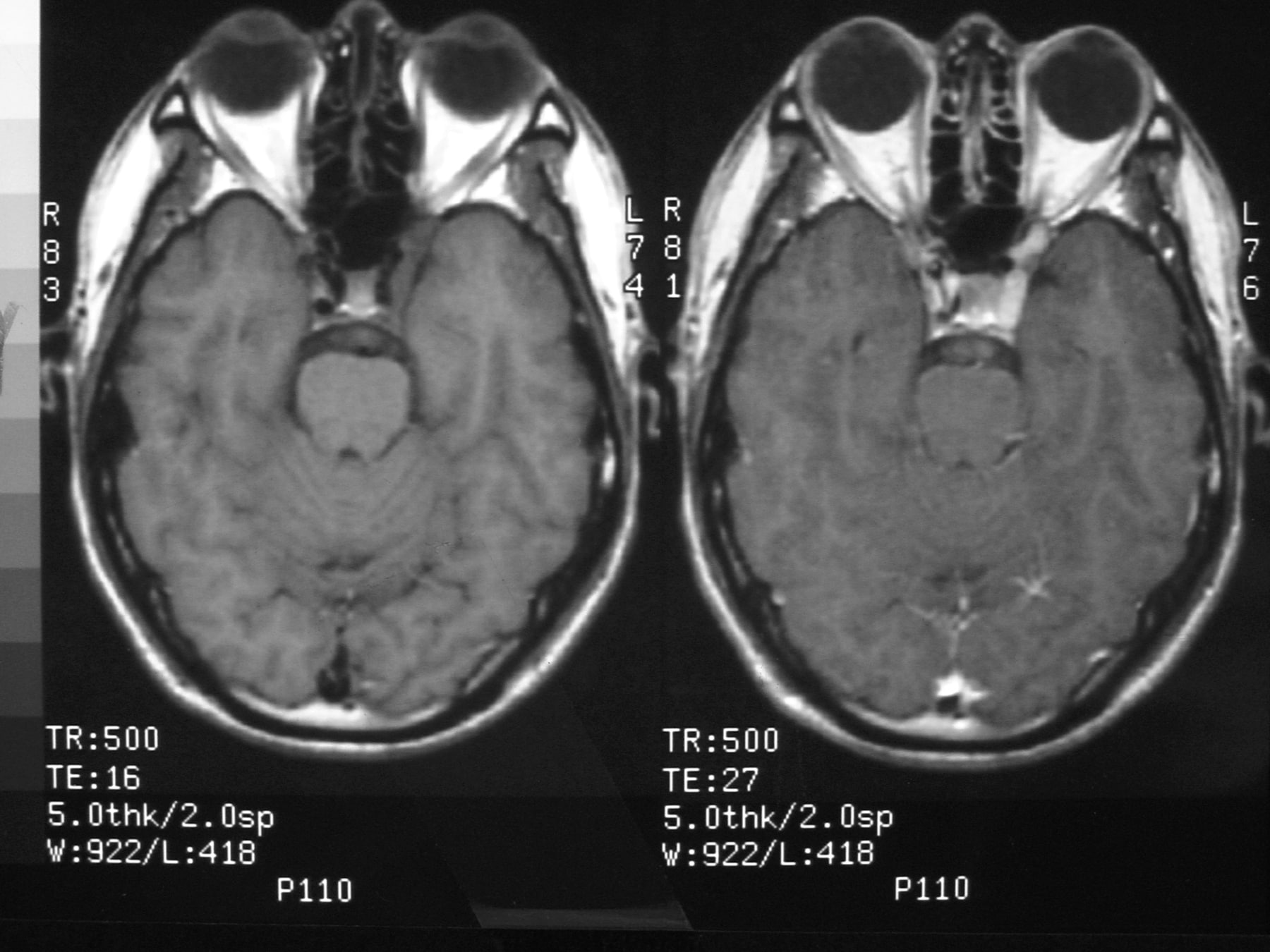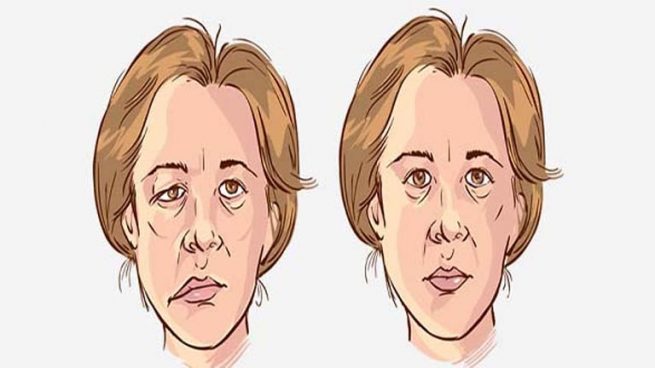Ramsay Hunt Syndrome, also known as RHS, is a rare neurological disorder that affects the facial nerve and causes a range of distressing symptoms. This condition is often misunderstood or misdiagnosed due to its similarity to other illnesses like Bell’s Palsy. However, Ramsay Hunt Syndrome is distinct in its causes, symptoms, and treatment approaches. In this article, we will explore what Ramsay Hunt Syndrome is, delve into its underlying causes, discuss its symptoms in detail, and examine the available treatments.

What is Ramsay Hunt Syndrome?
Ramsay Hunt Syndrome is a condition caused by the reactivation of the varicella-zoster virus, the same virus responsible for chickenpox and shingles. After an individual recovers from chickenpox, the virus remains dormant in the body, often hiding in the nerves. When it reactivates later in life, it can lead to shingles, and in some cases, Ramsay Hunt Syndrome. The syndrome primarily affects the facial nerve, which controls movement on one side of the face, leading to facial paralysis and other complications.
This condition was first described by Dr. James Ramsay Hunt in the early 20th century, hence its name. It is considered rare but can occur in individuals of any age, though it is more commonly seen in older adults and those with weakened immune systems.
Causes of Ramsay Hunt Syndrome
The primary cause of Ramsay Hunt Syndrome is the reactivation of the varicella-zoster virus. Below are the key factors that contribute to the development of this condition:
Reactivation of Varicella-Zoster Virus
- Viral Dormancy: After a person has chickenpox, the varicella-zoster virus lies dormant in the sensory ganglia of the cranial nerves. Over time, factors such as stress, illness, or aging can weaken the immune system, allowing the virus to reactivate.
- Inflammation of the Facial Nerve: When the virus reactivates, it travels along the facial nerve, causing inflammation and damage. This inflammation leads to the characteristic symptoms of Ramsay Hunt Syndrome.
Risk Factors
While anyone who has had chickenpox is at risk of developing Ramsay Hunt Syndrome, certain factors increase the likelihood of its occurrence:
- Age: Older adults are more susceptible due to the natural decline in immune function with age.
- Weakened Immune System: Conditions such as HIV/AIDS, cancer, or the use of immunosuppressive medications can make individuals more vulnerable to viral reactivation.
- Stress and Illness: Physical or emotional stress can compromise the immune system, triggering the reactivation of the virus.
Symptoms of Ramsay Hunt Syndrome
The symptoms of Ramsay Hunt Syndrome can vary in severity but typically include a combination of the following:
Facial Paralysis
One of the hallmark symptoms of Ramsay Hunt Syndrome is unilateral facial paralysis. This occurs when the facial nerve becomes inflamed, leading to weakness or complete loss of movement on one side of the face. Patients may experience difficulty closing their eyes, smiling, or performing other facial expressions.
Painful Rash
A painful rash is another defining feature of this condition. The rash typically appears around the ear, on the outer ear canal, or inside the mouth on the same side as the facial paralysis. The rash consists of fluid-filled blisters that can be extremely uncomfortable and may take several weeks to heal.
Hearing Loss and Tinnitus
Some patients with Ramsay Hunt Syndrome experience hearing problems, including partial or complete hearing loss on the affected side. Tinnitus, or ringing in the ears, is also common and can be persistent and disruptive.
Vertigo and Balance Issues
Vertigo, or a sensation of spinning, is another symptom associated with this condition. This occurs because the virus can affect the vestibular nerve, which plays a role in maintaining balance. As a result, patients may feel dizzy or unsteady, making it difficult to walk or perform daily activities.
Other Symptoms
In addition to the primary symptoms, individuals with Ramsay Hunt Syndrome may experience:
- Dry eyes or excessive tearing due to impaired eyelid closure
- Loss of taste sensation on the front two-thirds of the tongue
- Sensitivity to sound (hyperacusis) on the affected side
Treatments for Ramsay Hunt Syndrome
Early diagnosis and treatment are crucial for improving outcomes in Ramsay Hunt Syndrome. While there is no cure for the condition, several treatment options can help manage symptoms and reduce the risk of complications.
Antiviral Medications
Antiviral drugs are the cornerstone of treatment for Ramsay Hunt Syndrome. These medications work by inhibiting the replication of the varicella-zoster virus, reducing its ability to cause further damage. Commonly prescribed antiviral drugs include:
- Acyclovir
- Valacyclovir
- Famciclovir
It is important to start antiviral therapy as soon as possible after the onset of symptoms to maximize its effectiveness.
Corticosteroids
Corticosteroids, such as prednisone, are often prescribed alongside antiviral medications. These drugs help reduce inflammation and swelling of the facial nerve, potentially speeding up recovery and minimizing long-term damage. However, corticosteroids must be used with caution due to their potential side effects, such as increased blood sugar levels and weight gain.
Pain Management
Pain is a significant issue for many patients with Ramsay Hunt Syndrome. To address this, doctors may recommend over-the-counter pain relievers such as acetaminophen or ibuprofen. For severe pain, prescription medications like gabapentin or pregabalin may be necessary.
Physical Therapy
Physical therapy plays a vital role in the recovery process, particularly for individuals experiencing facial paralysis. A physical therapist can teach exercises to strengthen the facial muscles and improve movement. These exercises can help prevent muscle atrophy and promote better facial symmetry over time.
Hearing Aids and Assistive Devices
For patients who experience hearing loss, hearing aids or other assistive devices may be recommended. These tools can help improve communication and quality of life while undergoing treatment.
Eye Care
Since facial paralysis can affect the ability to close the eye properly, patients are at risk of dry eyes and corneal damage. Artificial tears, lubricating ointments, and protective eyewear can help keep the eyes moist and prevent complications.
Lifestyle Modifications
Making certain lifestyle changes can also support recovery and reduce the risk of recurrence:
- Maintaining a healthy diet to boost the immune system
- Managing stress through relaxation techniques such as yoga or meditation
- Avoiding smoking and excessive alcohol consumption
Preventive Measures
Vaccination against the varicella-zoster virus can significantly reduce the risk of developing conditions like Ramsay Hunt Syndrome. The shingles vaccine is particularly effective in preventing the reactivation of the virus and is recommended for adults aged 50 and older.
Complications of Untreated Ramsay Hunt Syndrome
If left untreated, Ramsay Hunt Syndrome can lead to serious complications, including:
- Permanent facial paralysis
- Chronic pain (postherpetic neuralgia)
- Irreversible hearing loss
- Corneal ulcers due to inability to close the eye
Seeking prompt medical attention is essential to minimize the risk of these complications and improve overall prognosis.





